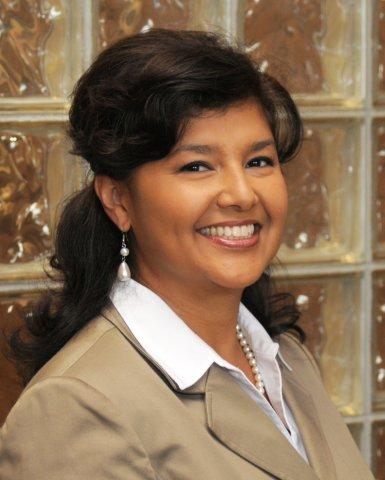By Lauren Caggiano
The human resources field affords students and professionals a great deal of variety and opportunity. Three Indiana experts shed some light on the study of and practice of human resources.
In general, human resources is the art of hiring, administration and training of personnel. But according to Rose Costello, executive director of human resources for Ivy Tech Northeast, the specifics vary.
“There’s really no typical day, because we’re dealing with a lot of variables,” she said.
The interpersonal element can make it hard to plan and predict, but she’s still tasked with executing daily, weekly and monthly department goals. To that end, she might make a presentation about benefits or sit in on a meeting about policy changes. HR is as much about finding solutions as it is about proactively maintaining the status quo.
“It’s really about managing change and creating a positive culture,” she said.
Costello, who has 20 years of experience in the field, believes some of the skills necessary to succeed in HR are both acquired through on-the-job experiences and formal education. But a large part of it is innate, she said. Human resources calls for a caring spirit and the ability to connect with people. He or she must be visionary, strategic and a leader. Training and education make it possible to advance as a professional.
Costello earned a Master of Science in Education — Professional Studies from Indiana University-Purdue University Fort Wayne (IPFW) in May 2009 and has a bachelor’s in psychology and associate degree in supervision from IPFW, as well. She has a Senior Professional Human Resources (SPHR) certification from the HR Certification Institute.
According to Costello, the certifications are what can set job seekers apart. “Any more, a lot of (employers) are looking for these certifications,” she said.
Gerilyn Davis, CEO of Indianapolis-based HSConsulting & Staff Agency, is in the business of supporting employers with their staffing needs. Her firm provides services to the area’s small- and medium-size businesses. Davis has more than 10 years of managerial experience in two of the top 150 Fortune 500 companies. With that experience, she has concentrated on key essential HR functions like hiring, development, employee relations and retention.
She approaches HR as a proactive force for good. She said she has encountered a prevailing myth that HR is only about dealing with unpleasant issues. Instead, she said it should be “the backbone of a business.”
Like Costello, Davis said her position challenges her to plan and have a clear strategy and vision when catering to clients. A great deal of flexibility is expected, and a certain amount of faith is required.
“Going into the unknown, you have to trust what you’ve been gifted,” she said. “It will work if you make it work.”
But before Costello and Davis were professionals in the field, they were students. Jeffrey Walls, senior professor in human resources at Indiana Tech in Fort Wayne, offered some insight about the academic path for students wishing to pursue careers in human resources.
Indiana Tech offers a traditional four-year degree, a B.S. in business administration with a main concentration in HR. An associate degree at Indiana Tech is a two-year program and is more general study of business practices. There is no specific concentration.
The bachelor’s degree provides a holistic study of human resources. Key classes include: the foundations of HR, training/development, labor relations, compensation and safety. But at the same time, students get a well-rounded education, with additional classes in finance, marketing and accounting, Walls noted.
Advancement in the job market and pay depend a lot on the degree earned, Walls said. For example, an associate degree may land a student an entry-level position, but it might be difficult to advance in the workplace without further study. A bachelor’s degree can mean access to a generalist position, and a master’s degree could mean a director or managerial position, he said.
Another factor that advance a job seeker is certifications, like those offered by the Society for Human Resource Management (SHRM).
“Once you begin to move past a B.A, you’re talking certifications,” he said.
According to the SHRM website, “Earning your SHRM-CP or SHRM-SCP credential makes you a recognized expert and leader in the HR field — and a valuable asset to your organization, keeping you and your organization more competitive in today’s economy. This professional distinction sets you apart from your colleagues, proving your high level of knowledge and skills.”











